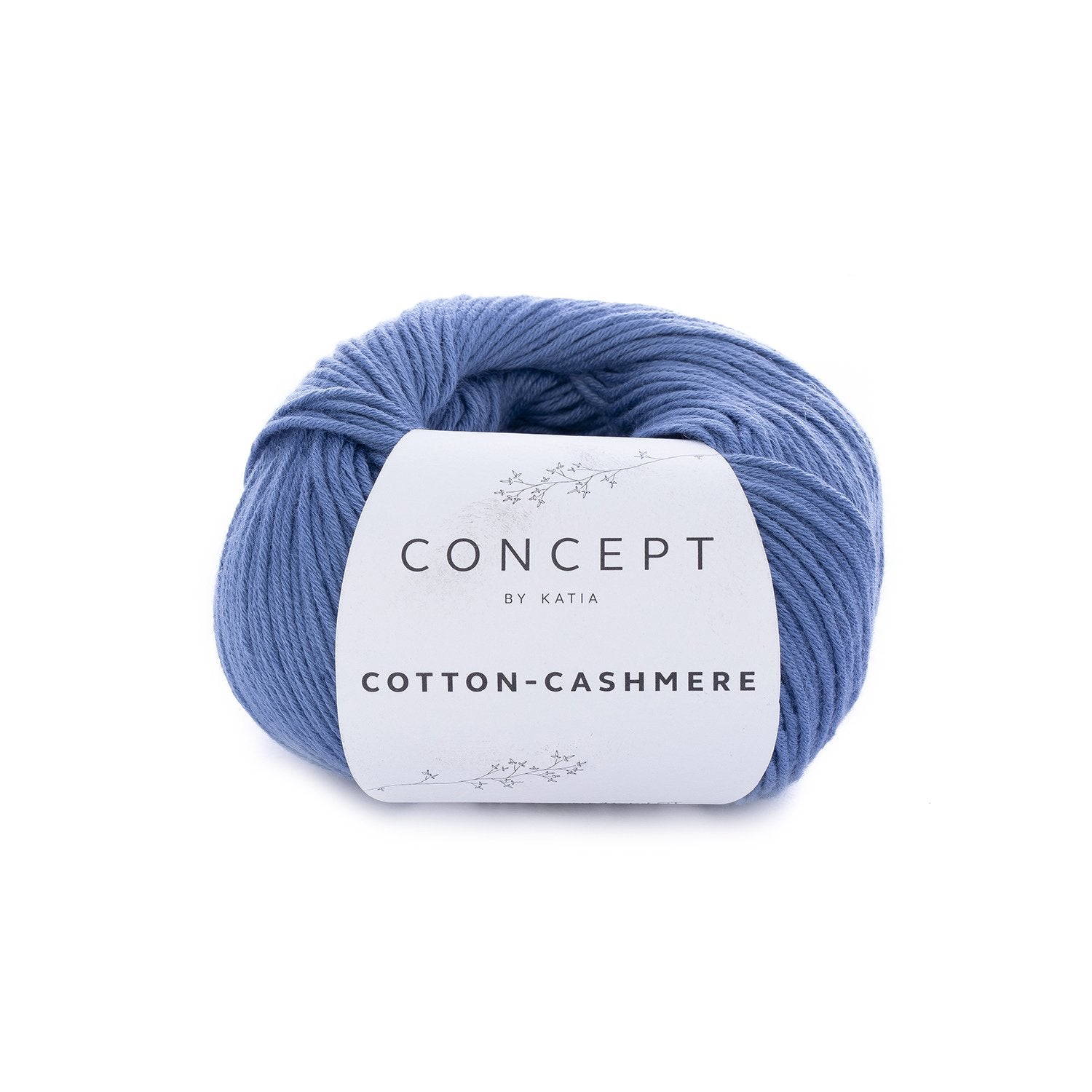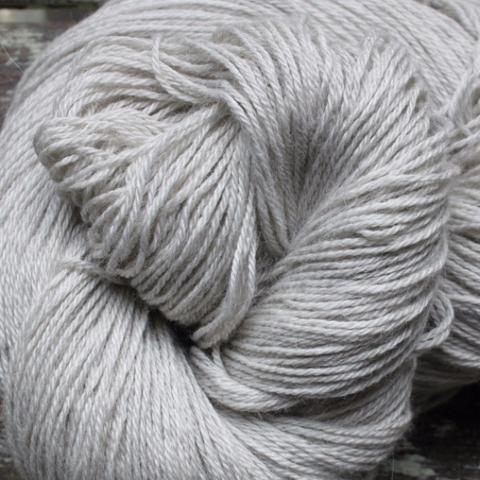The Intriguing Process Behind Producing cashmere Fibre and Its Uses
The Intriguing Process Behind Producing cashmere Fibre and Its Uses
Blog Article
Comprehending the Different Kinds Of Cashmere a Natural Fiber and Their Special Benefits

The Origins of Cashmere: A Historic Overview
While the extravagant touch of cashmere proceeds to appeal contemporary consumers, its beginnings map back to the extreme, cold climates of Mongolia and the Mountain ranges. For centuries, the aboriginal peoples of these areas have been elevating Capra Hircus goats, the prime source of cashmere woollen. These goats, resilient against the extreme winter seasons, grew a great undercoat to make it through, which later on came to be understood as cashmere.

The Production Refine: From Goat to Garment
Shearing a Capra Hircus goat notes the inception of the complex cashmere production process. This delicate procedure typically takes place once a year throughout spring. The penalty, soft undercoat is after that separated from the coarser outer hair, a process recognized as dehairing. The resultant raw cashmere is then washed to get rid of contaminations such as veggie, grease, and dust issue.
The clean fiber undergoes coloring, rotating, and weaving, or knitting, to change it right into a textile. Facility treatments such as quality control checks and finishing processes follow, making sure completion item keeps the extravagant criterion anticipated of cashmere. This meticulous procedure, from goat to garment, warrants the high cost affixed to cashmere products, making them a symbol of deluxe and improvement.
The Various Sorts Of Cashmere: An Extensive Analysis

The Special Advantages of Cashmere: Convenience and Sustainability
Moving from the range of cashmere types to the benefits they supply, comfort and sustainability stand out plainly. Cashmere, an all-natural fiber, is renowned for its unrivaled soft qualities, supplying a degree of comfort that synthetic fibers can't match. The material's agility, yet outstanding heat retention, makes it perfect for informative post all seasons. Moreover, cashmere's natural elasticity allows it to return to its initial shape, making it resistant to stretching or diminishing.
When it involves sustainability, cashmere is eco-friendly and eco-friendly, as it's gathered from cashmere goats who regrow their coats annually. what is cashmere. Unlike artificial fibers which can take centuries to disintegrate, cashmere's influence on the environment is minimal. This combination of convenience and sustainability makes cashmere a valuable choice for conscious customers

Taking Care Of Your Cashmere: Upkeep and Conservation Tips
While cashmere is undoubtedly a elegant and sustainable selection, it needs certain treatment to maintain its quality and expand its life-span. To start, cashmere must be hand washed using cool water and a moderate cleaning agent. Cashmere things need to be saved in a dry and awesome area, away from direct sunlight and wetness.
Buying Cashmere: Comprehending Its Worth and Well Worth
Although cashmere might at first appear like a pricey investment, its long-term worth and worth come to be noticeable when you consider its impressive high qualities. Known for its unrivaled softness and heat, cashmere is a costs all-natural fiber that outmatches other materials. Its high demand and restricted supply contribute to its high cost, however its resilience ensures it lasts for years, supplying superb worth for money. Cashmere items are classic, frequently ending up being treasures gave through generations. what is cashmere. In addition, its natural insulating residential or commercial properties offer heat without the bulk of artificial fibers. Purchasing cashmere, for that reason, is not simply regarding existing fashion fads, but about embracing a sustainable, long-lasting, and extravagant way of life.
Verdict
In recap, the kind of cashmere one chooses, be it Mongolian, Chinese, or Italian, is dictated by private preferences for warmth, sustainability, high-end, and budget plan. Comprehending the origins, production process, and unique benefits of various types of cashmere can lead consumers in their investment in this lavish natural fiber.
Whether it's the exceptional warmth of Mongolian cashmere, the cost of Chinese cashmere, or the eco-conscious manufacturing of Italian cashmere, there's a story to be discovered behind each fiber type. Cashmere, an all-natural fiber, is renowned for its unequaled softness, supplying a degree of comfort that artificial fibers can't match.When it website link comes to sustainability, cashmere is eco-friendly and naturally degradable, as it's collected from cashmere goats that regrow their layers yearly. Known for its unrivaled softness and warmth, cashmere is a costs all-natural fiber that surpasses various other products. Recognizing the origins, production process, and special benefits of different kinds of cashmere can assist consumers in their investment in this luxurious all-natural fiber.
Report this page